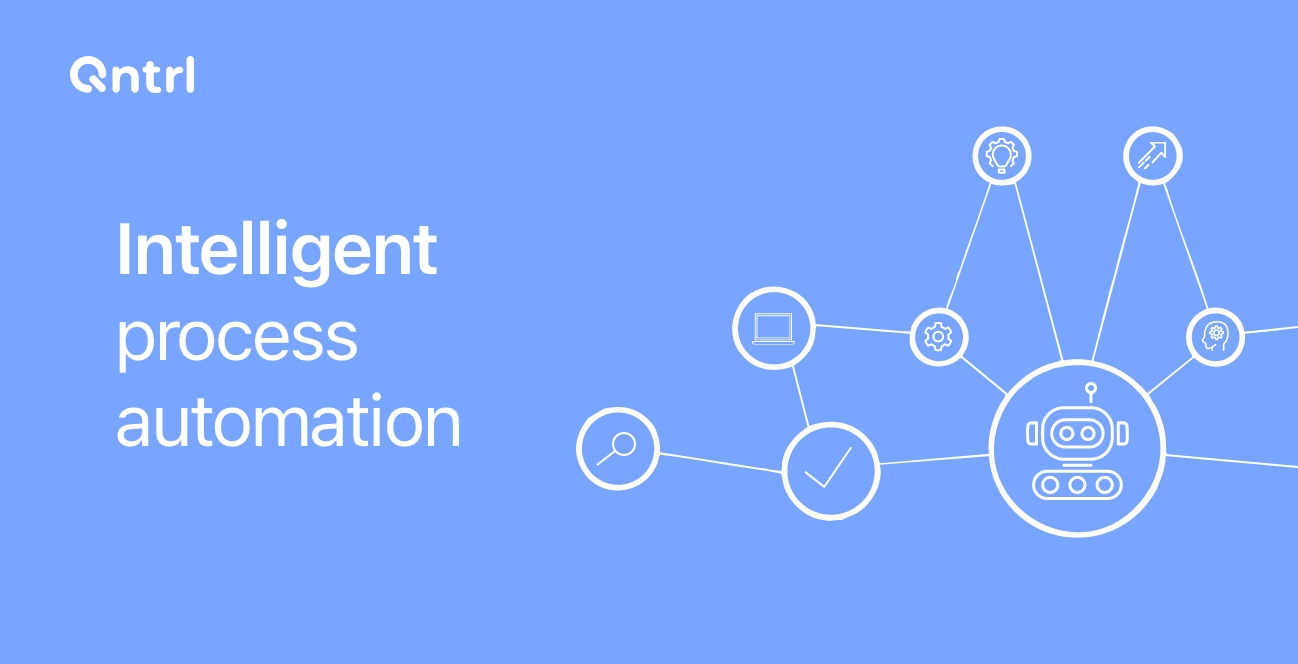With technological advancements, knowledge management has become essential for business development. After all, intellectual production has turned into a strategic resource in the information age, adding even more value to organizations.
As a company grows, data, documents, FAQs, videos, processes, and all the knowledge acquired by leadership and teams can get lost. Therefore, the need to organize, consolidate, and disseminate this accumulated knowledge increases.
When successfully implemented in a company, knowledge management helps people access information and data quicker and encourages users to update and share these references.
This article shows how knowledge management assists in process improvement, paving the way to achieve company objectives. Check it out!
What is knowledge management?
Knowledge management refers to the practice that helps create, organize, distribute, access, and update data and information related to a business. It encompasses everything from knowledge creation to developing a continuous organizational methodology that ensures information sharing with company employees.
All this acquired knowledge, with structured access and distribution throughout the company, is also known as intellectual capital. These are company-owned information in the form of databases, guides, and policies, among others, that can be used in various areas of the company's day-to-day operations.
For example, imagine scenarios where a team member leaves, a new hire joins, or someone on the team is absent for a specific reason. In these and many other cases, knowledge management helps companies ensure another individual can access the information and data needed to handle tasks and make necessary deliveries.
Here are some situations where knowledge management can be applied in your business.
Onboarding: During the onboarding of new employees, individuals need to integrate into the company after the hiring process, and need access to company data and information to start their work. With knowledge management, they can access critical information, functions, and activities they need to know from day one to contribute more productively to the company.
Internal communication: To streamline communication among different teams, it's necessary to have easily accessible processes, methodologies, and documents. This ensures teams are on the same page and working toward the organization's goals.
Customer service: With information in one place, the customer service team can quickly access a consumer's entire history and, as a result, resolve requests in a personalized and efficient manner.
Product and service updates: Knowledge management can gather all the details about products and services offered by the company, ensuring teams have relevant data about changes, alterations, updates, and more.
Innovative solutions: The company's intellectual capital also serves as a source of information and reference in creating new products, services, and innovative solutions that offer competitive advantages to the organization.
Benefits of knowledge management in companies
Among the main objectives of knowledge management are increasing organizational efficiency, preventing the loss of knowledge, and intensifying the intellectual production of the company. This can bring numerous benefits to businesses, including the following.
Increased productivity
With knowledge management, there's no need to spend hours searching for information in various places. Research becomes more efficient with a single source of accurate and reliable data, allowing teams more time to work toward the company's strategic objectives.
Retention of company know-how
Organizing the collection and storage of the company's intellectual material helps mitigate the risk of losing all the knowledge acquired in situations like employee departures, retirements, high turnover, and more. Knowledge management reduces dependence on individual experience and safeguards the company's intellectual capital, especially during periods of change.
Reduction of errors and misinformation
Information is constantly updated for reference in knowledge management. Thus, people should refrain from using outdated data in their day-to-day work.
Informed decision-making
Company leadership can consult solid data and the entire history of knowledge acquired over the years to make well-informed decisions for the business. With knowledge management, it's possible to have a systemic view and insights from the entire organization.
Fosters innovation
With well-defined processes, knowledge management practices foster innovation as individuals in the company move away from repetitive actions, such as constant data searches, and focus their efforts on developing new ideas and projects.
Reduces operational costs
One of the main benefits of knowledge management is resource savings, related to the reduction of time spent by employees searching for documents and the elimination of potential errors caused by a lack of concrete data.
5 tips for implementing knowledge management in your company
To take advantage of all the benefits of knowledge management in your company, following some necessary steps is essential. Here are five tips that will help your business organize all its intellectual materials, improve the sharing of organization-specific processes, and intensify continuous learning to boost collaboration among all.
Tip 1 - Assess all company knowledge
The first step is to assess all critical knowledge for the company thoroughly, including not only documents and guides, but also mapping internal processes, best practices, FAQs, tutorials, reports, and more.
This knowledge inventory evaluates existing knowledge assets, considering strengths, potential gaps, and inconsistent information.
Tip 2 - Define knowledge management goals and strategies
After a precise analysis, establish clear objectives, considering what your company needs to improve with knowledge management. For example, does your organization need to enhance the customer experience? Optimize the sharing and updating of information with teams.
With clear goals in mind, it's time to focus on practical strategies for implementing knowledge management. This includes creating a centralized knowledge base, like a central repository where all the company's intellectual production is stored and available for reference.
Tip 3 - Use technology in knowledge management
Technology plays a crucial role in knowledge management. Implementing tools to organize internal processes and promote collaboration, such as Qntrl and other document management and intranet systems that facilitate the storage and sharing of information with everyone, is essential. The key is to look for software with a user-friendly interface that's easy to access.
Tip 4 - Foster a culture of continuous learning
To succeed, remember that the constant pursuit of knowledge and skills, also known as lifelong learning, is fundamental. After all, knowledge management begins with an organizational culture that encourages continuous learning. Training, workshops, and training programs become essential resources to encourage employees to learn more, acquire new knowledge, and strengthen team communication and collaboration.
Tip 5 - Regular updates
Knowledge management is not static; it constantly changes with periodic reviews and updates based on feedback, new practices, and lessons learned over time. Therefore, it's important to assess processes and tools regularly, making necessary adjustments to improve continuously.
Knowledge management success in companies requires all engagement with a shared commitment: improving access to and sharing of information to enhance processes and ensure sustainable business growth.









Comments